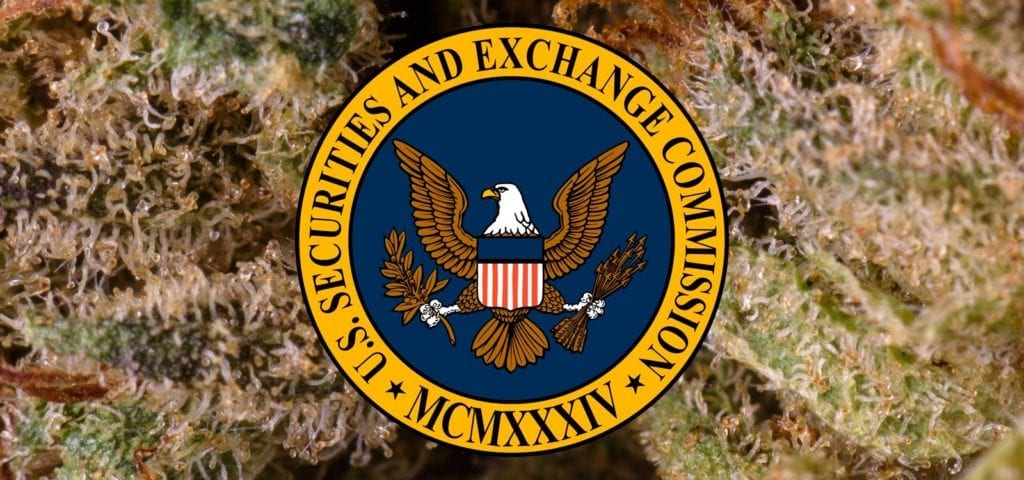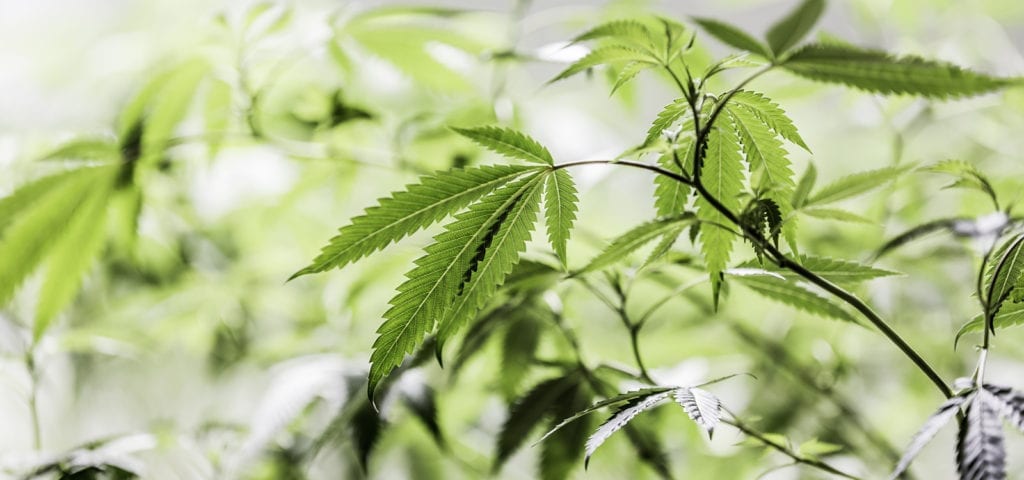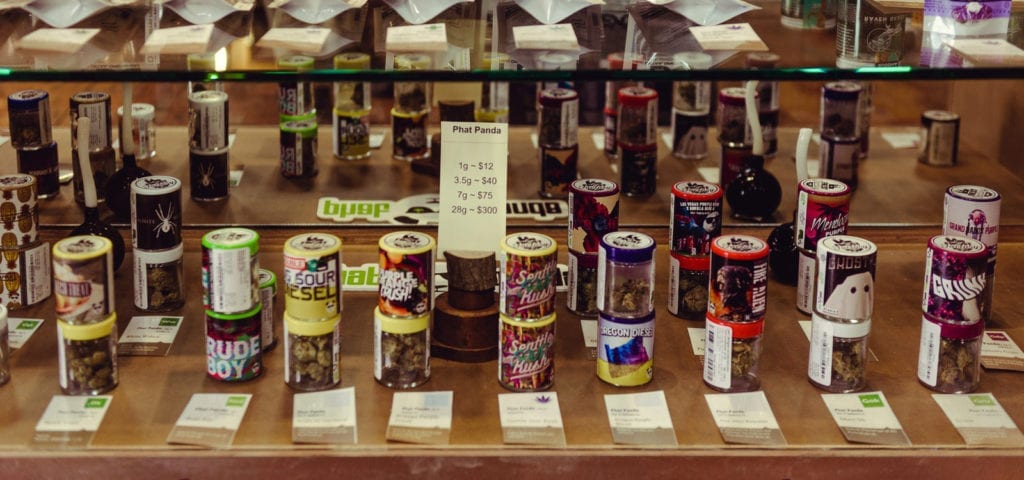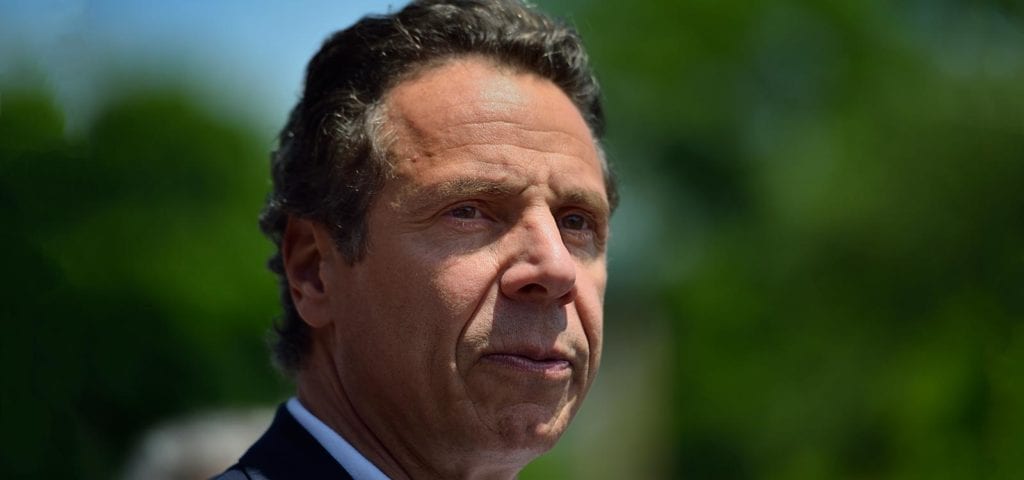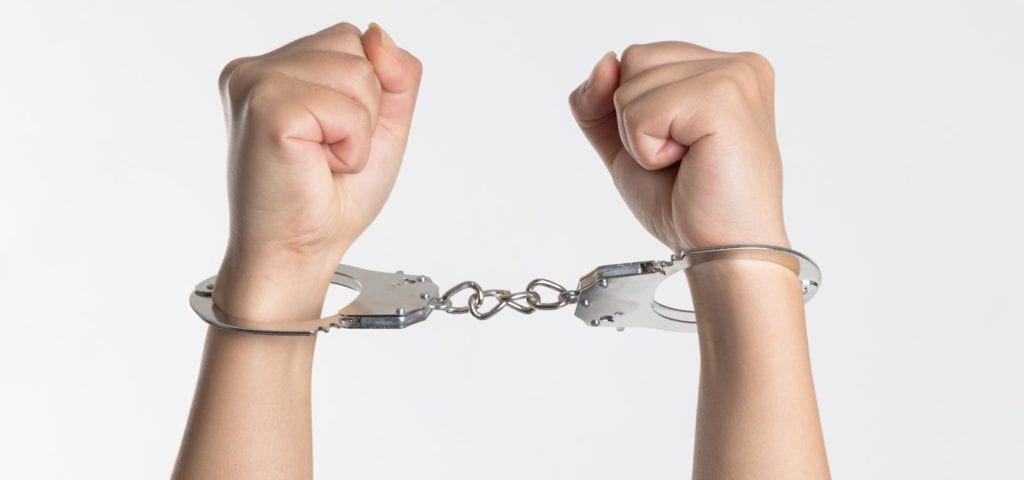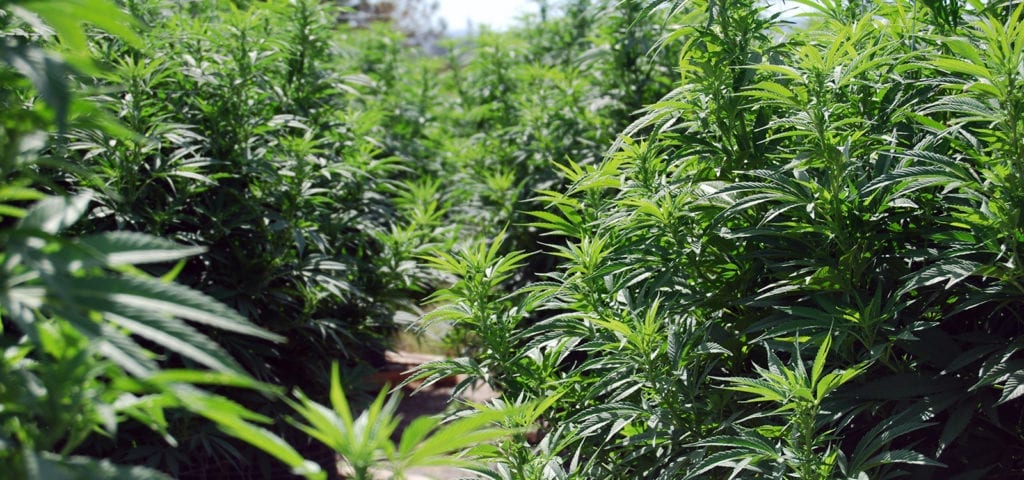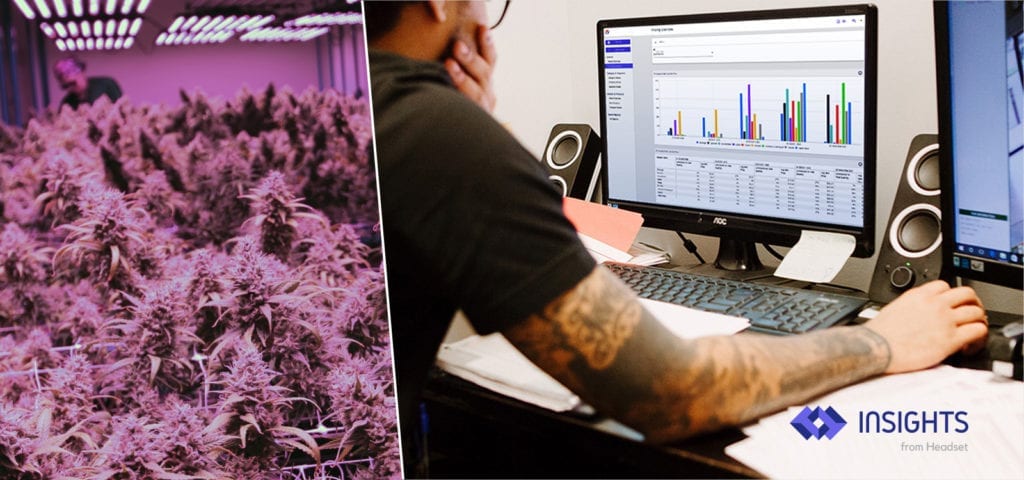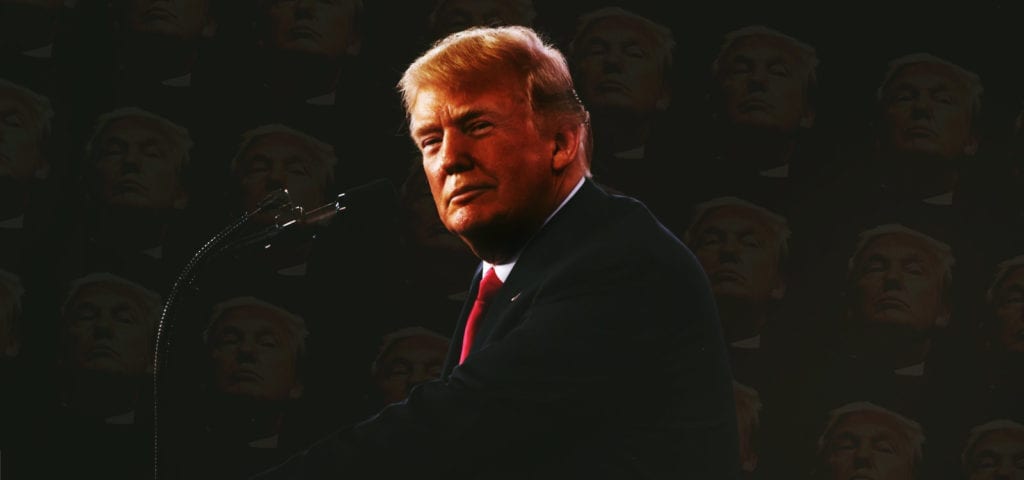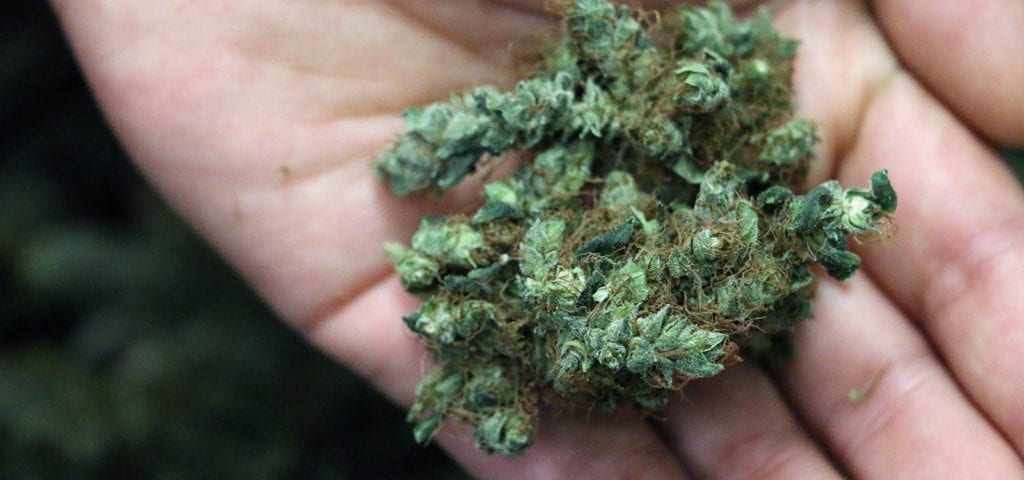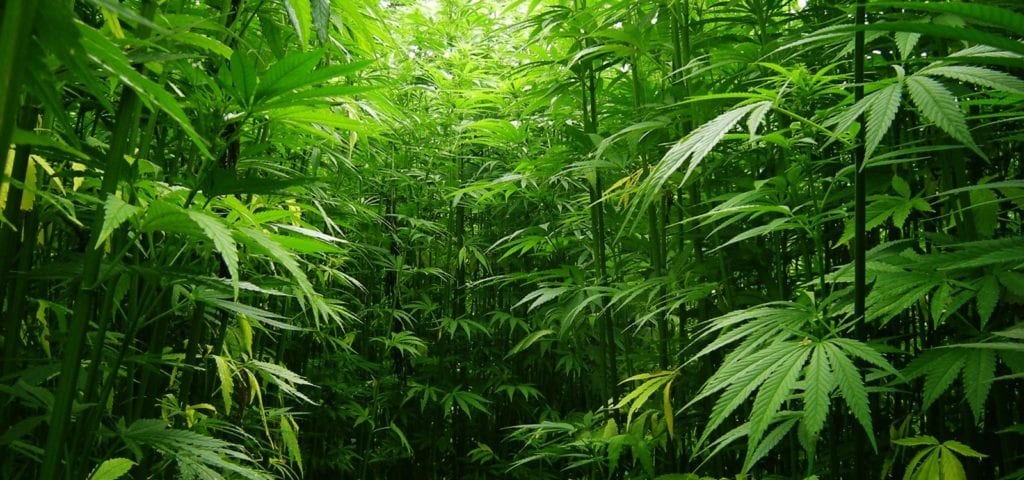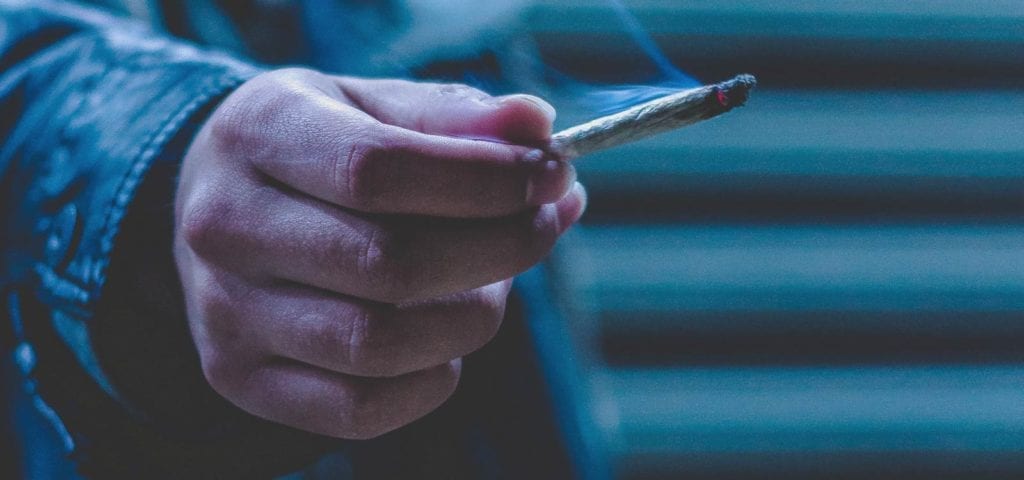On Wednesday, the Securities and Exchange Commission announced in a press release it had charged Texas-based Greenview Investment Partners and its founder with defrauding investors using false claims of massive cannabis investment returns.
The SEC alleges that Greenview Investment Partners and founder Michael Cone defrauded investors out of $3.3 million — money that the SEC claims Cone spent on designer clothes, luxury cars and pyramid-scheme-style payments to earlier investors in the fund. The SEC also issued an alert following the charges against Cone warning retail investors that Michael Cone isn’t the only charlatan in the cannabis investment space.
“Greenview allegedly exploited investor interest in the marijuana industry and lied about high returns and the backgrounds of its key executives. Investors must remain vigilant and not let the fear of missing out dupe them into making bad investment decisions.” — Shamoil T. Shipchandler, Director of the SEC’s Fort Worth Regional Office, in the SEC press release
Cone employed a sales staff who made cold calls to potential investors, promising up to 24 percent returns on their investment annually. Cone allegedly concealed his identity with an alias, hiding his previous criminal convictions while telling investors he maintained a former agent of the DEA on staff and lying about having an excellent record of cannabis investments with strong returns. In reality, Greenview had no previous track record and the fund’s only investment was $400,000 into a cannabis company that has yet to harvest a crop.
The U.S. Attorney’s Office for Central California raided Cone’s offices and seized $1.4 million in cash and assets. Cone has been charged with securities fraud and violations of the registration provisions of the federal securities laws and has been permanently barred from serving as an officer in any SEC-reporting company. Repayment and other financial penalties will be decided in the U.S. District Court for Texas‘ Northern District.
End
